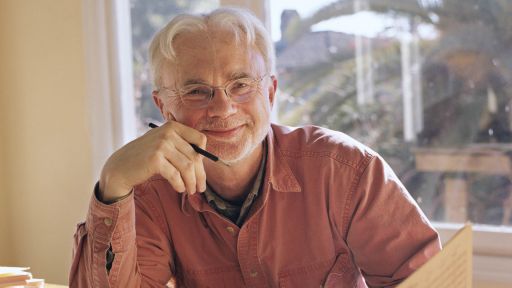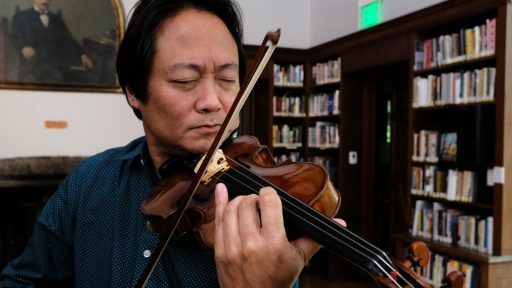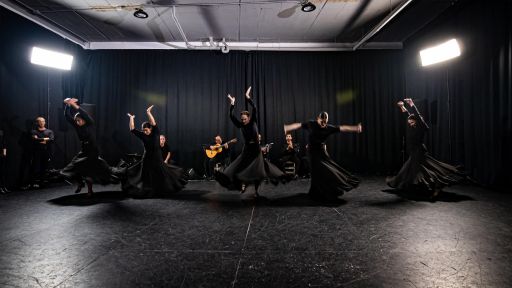Host Scott Yoo, guitarist Manuel Barrueco and pianist Juan Pérez Floristán discuss how Albéniz’s work was influenced by Spain. Then, the musicians play Albéniz’s “Asturias.”
Features
So Albéniz, I don't know his music very well.
Tell me about him.
Well, he's probably the greatest, most famous guitar composer that never wrote for the guitar.
I mean, he mainly composed for this instrument, for the piano, because he was himself a virtuoso, a piano virtuoso.
And he tried to capture in his music, let's say, the essence of Spain.
For example, you have the phrygian mode, which is so typical from flamenco which sounds like this.
♪♪ And not only that, he tried to capture the spirit of some cities from Spain.
He composed pieces naming them "Sevilla," "Cadiz," "Asturias."
Many, many of them.
So he was very interested in Spain as a source of inspiration for his music.
And, of course, another source of inspiration for him was the king of the Spanish instruments, which is the Spanish guitar, la guitarra española.
They open strings, the treble and the arpeggios, the repeated notes, all of that.
You would rarely find in music before this revolution.
But after Albéniz, that became a typical thing for Spanish composers to do.
And it's very the repeated notes.
Yes.
You know, the one note repeated, that's a very difficult thing in the piano.
And that's an easy thing then to get that.
♪♪ So that's much harder on the piano, I would imagine.
It is.
It is.
Hands overlap constantly.
And then we have the jumps that you have it in the same place.
We don't.
If you want, I can show you now a "Asturias" on the piano, how it sounds.
♪♪ Only a Spanish composer would write a piano piece so inspired by the guitar that it fits better on that instrument.
Albéniz created music with such Spanish personality that to fully appreciate it, I need to understand the personality of Spain itself.
You May Also Like








